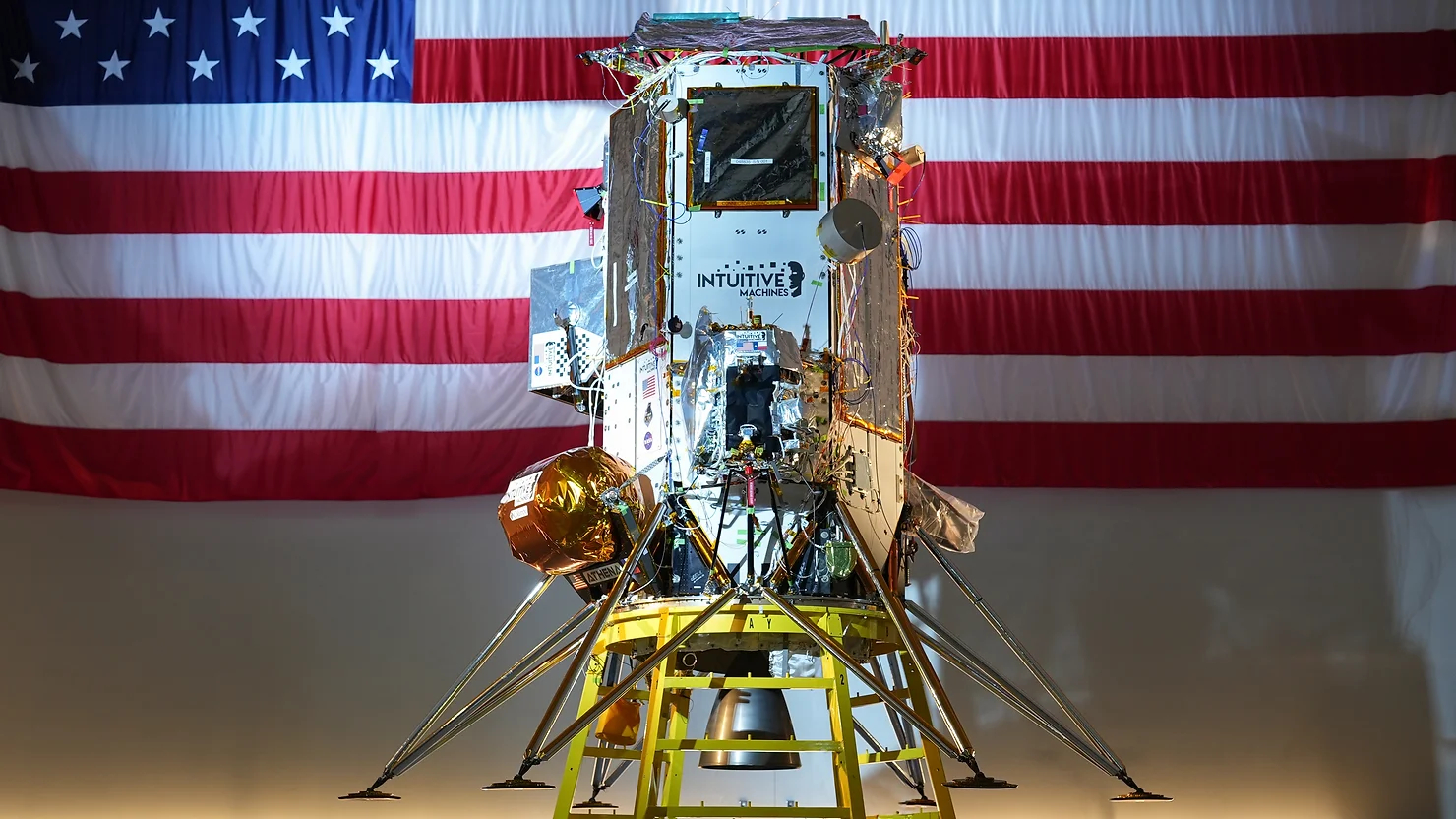Trump previews brute foreign policy approach with Colombia spat
President Trump is flexing his muscle just a week into his presidency, using tariffs and sanctions as a leverage tool to enact his agenda, even when it involves U.S. allies. Trump caused a stir Sunday when he announced tariffs and visa restrictions on Colombia after the country refused to accept planes of individuals being deported...

President Trump is flexing his muscle just a week into his presidency, using tariffs and sanctions as a leverage tool to enact his agenda, even when it involves U.S. allies.
Trump caused a stir Sunday when he announced tariffs and visa restrictions on Colombia after the country refused to accept planes of individuals being deported back to their home country. Colombia ultimately accepted the repatriation flights, with Trump putting the tariffs on the back burner.
While the White House and Republican lawmakers took a victory lap, the episode reflected how Trump may seek to bully other countries into submission to get what he wants in his second term.
“This time he’s got a very clear understanding of how government works. People know how to work the system to his benefit to implement his policies,” said one former Trump White House official.
Trump’s tendency to publicly pressure his foreign counterparts is high-risk, high-reward.
On Sunday, Trump’s threat of tariffs and visa sanctions on Colombia initially sparked a threat of retaliatory tariffs from Colombian President Gustavo Petro. The move could have sparked a trade war, leading to increased prices of goods like coffee and flowers for U.S. consumers. Instead, it amounted to a show of force for Trump.
The situation appeared to be resolved late Sunday after Petro agreed Colombia would accept the flights of U.S. deportees. The White House said it would hold off on imposing tariffs, and that visa sanctions would be lifted once the planes landed in Colombia.
White House officials and Republican lawmakers quickly cited it as examples of Trump projecting strength from the Oval Office and how his brash approach to foreign policy would be more effective than the Biden administration.
“Today’s events make clear to the world that America is respected again,” White House press secretary Karoline Leavitt said in a statement. “President Trump will continue to fiercely protect our nation's sovereignty, and he expects all other nations of the world to fully cooperate in accepting the deportation of their citizens illegally present in the United States."
Trump has already made clear he may try similar tactics to achieve other goals. He has threatened to use “economic force” against Canada, suggested tariffs could be wielded against European allies to address what he views as trade imbalances, and has spoken about claiming territory that belongs to allies.
A call between Trump and Denmark’s prime minister reportedly spiraled into confrontation over the president’s insistence on buying the territory of Greenland.
And Panama’s president has lodged complaints with the United Nations over the president’s vow to retake the Panama Canal — and his refusal to rule out military or economic coercion.
Trump has said holding control of Greenland is necessary to combat China and Russia in the Arctic and gain access to critical minerals. With the Panama Canal, his team has raised concern over China’s influence at the waterway, with a Hong Kong-based company operating two ports on opposite sides of the waterway.
But Matthew Kroenig, vice president and senior director of the Atlantic Council’s Scowcroft Center for Strategy and Security, raised whether it is easier to find solutions with Denmark and Panama, given their strong ties with the U.S., to get what America wants rather than bullying toward an uncertain outcome.
“Given that Denmark and Panama are such pro-American countries, is it necessary for the U.S. to physically control these territories or can we just work with allies and partners to make sure our interests are secured?” he asked.
“For example, with Denmark, can’t we work with them to get more basing access, to find a way to utilize the critical minerals? Similarly with Panama, can we persuade them to simply cancel the contracts with the Chinese companies, and have new contracts with American companies or with trusted companies based in the West?”
Trump is set to confront a standoff on tariffs with Mexico and Canada, where America’s neighbors are preparing countermeasures in the face of the president’s threats to impose 25 percent tariffs by Feb. 1.
And he raised another foreign policy area where he may try to exert pressure when he told reporters on Saturday that he would ask Jordan and Egypt to accept more Palestinians from war-torn Gaza.
“You’re talking about a million and a half people, and we just clean out that whole thing,” Trump said.
Egypt and Jordan rejected Trump’s remarks, part of long-standing policy supporting the creation of a Palestinian state in the territories of Gaza and the West Bank. As fragile states, Egypt and Jordan would face enormous challenges in accepting, or forcing Palestinians to relocate — from pushback on Arab streets to strains on their economy and security services.
“I was surprised because President Trump has already served in the White House for a full term, and he knows the views of the leaders of the region. He knows these issues,” Dana Stroul, who served as deputy assistant secretary of Defense for the Middle East in the Biden administration, told CNN.
“In his first administration he put out the ‘deal of the century’ in order for Israel to live side by side with a Palestinian state, so he has a record of supporting steps toward a Palestinian state.”
What’s at stake for Trump? Short-term wins versus the long-term risks: losing friends and allies at moments of crisis, when a coalition is needed in international forums or countering threats from rivals like Russia or China.
“I think the idea that this is a big success, which I'm sure a lot of people will say, runs completely counter to what real diplomacy looks like,” said John Simon, former ambassador to the African Union who has served on the National Security Council in past Republican administrations.
“Wins are when you get people together around something everyone wants to do. Not when you force a country to make a tough choice for itself, and then, of course, at the end of the day, resent that and seek out other alliances that may be in opposition to you.”













![From Gas Station to Google with Self-Taught Cloud Engineer Rishab Kumar [Podcast #158]](https://cdn.hashnode.com/res/hashnode/image/upload/v1738339892695/6b303b0a-c99c-4074-b4bd-104f98252c0c.png?#)
































































